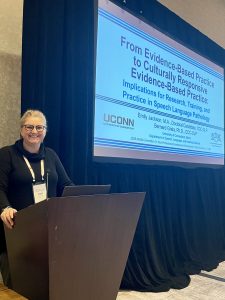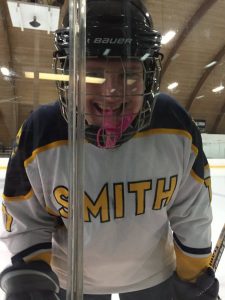
There are a variety of reasons as to why your child might be non-verbal; whether they have Autism Spectrum Disorder, are pre-verbal, or have delayed verbal skills. Regardless, it is still important to be able to communicate with your child. There are multiple ways to communicate with your non-verbal child, however, if possible, it may be beneficial to speak to a professional to see what ways work best for you and your child.
It’s important to note that these are supplemental ways to communicate, and they shouldn’t be used to replace any form of speech therapy. The first way is to keep talking to your child and try to include them in conversations, and refrain from speaking about them as if they aren’t there.
It’s helpful to pay attention to signs and behaviors. Spoken words are only a part of daily communication, there are a lot of other ways people communicate besides speaking. An example is body language, such as pointing, or facial expressions.
Another way to supplement communication is to take a pause after speaking. This means that it might be helpful to act like you’re having a spoken conversation, by pausing you’re allowing your child to react and/or communicate in a way that they can.
If you’re interested in reading about other ways to communicate with your non-verbal child, click
https://www.verywellfamily.com/communicating-with-a-nonverbal-child-4177579
Kaitlyn Vitucci, Research Assistant UConn KIDS


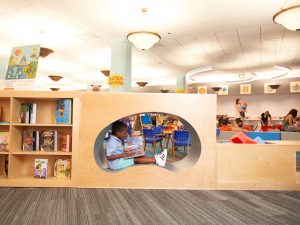
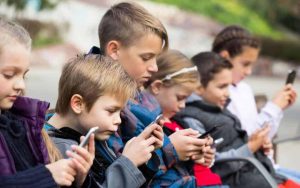


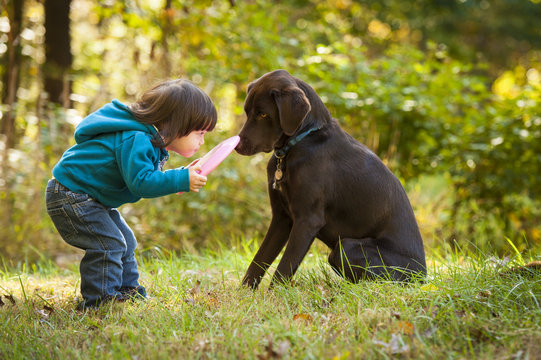





 Emily Jackson is a doctoral candidate and research assistant in Dr. Bernard Grela’s Child Language Lab in the Speech, Language, and Hearing Sciences department. She is an OSEP scholar in the Early Childhood Intervention Doctoral Consortium (ECiDC) and is interested in early childhood language development, parent perspectives and experiences, and IDEA Part C Early Intervention services. Emily is collecting data for her dissertation study titled, Cultural variation in parental ethnotheories on early childhood language development and disorders: Exploring Hispanic and non-Hispanic parents’ perspectives (BRANY IRB #23-281-910). The purpose of this research study is to improve speech language pathologists’ understanding of cultural variation in Hispanic and non-Hispanic, white parental beliefs and practices related to young children’s language development.
Emily Jackson is a doctoral candidate and research assistant in Dr. Bernard Grela’s Child Language Lab in the Speech, Language, and Hearing Sciences department. She is an OSEP scholar in the Early Childhood Intervention Doctoral Consortium (ECiDC) and is interested in early childhood language development, parent perspectives and experiences, and IDEA Part C Early Intervention services. Emily is collecting data for her dissertation study titled, Cultural variation in parental ethnotheories on early childhood language development and disorders: Exploring Hispanic and non-Hispanic parents’ perspectives (BRANY IRB #23-281-910). The purpose of this research study is to improve speech language pathologists’ understanding of cultural variation in Hispanic and non-Hispanic, white parental beliefs and practices related to young children’s language development.